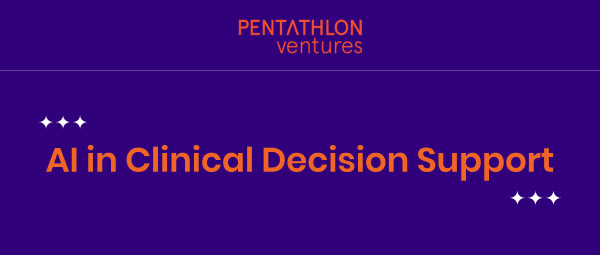Edition 3 l 1st October 2021
Welcome to the third edition of DNA of Scale.
This edition is a 5-minute read on the opportunities, challenges, and solutions to enable distance learning in COVID times.
1. Access:
With each step in the progression of education, the gross enrolment ratio falls. COVID has made higher education even harder to access.
2. Availability:
Too many students are chasing too few seats, especially in premier and tier-1 institutions.
3. Quality:
Demand for tutors and teachers outpaces supply. Additionally, COVID has forced a transition to online learning that existing teachers are struggling with.
4. Affordability:
Even as students find online education expensive, 1.5 Million schools have shut down due to the Pandemic. Models that marry affordability with ROI are the need of the hour.
5. Social learning:
Students are a by-product of the environment. The absence of social interaction increases the risk of emotional and social underdevelopment.
1. Learner Support:
Platforms that offer online courses, curriculum-based private tutoring, and homework in partnership with schools and colleges can help students access quality education, wherever they are.
2. Institution Support:
SaaS for schools to manage and deliver learning content, assess learners and provide tools for student profiling and content tailoring can increase institutional reach.
3. Teacher Support:
Software, possibly coupled with hardware, to capture and distribute lectures can help fewer good teachers cater to more students. Video conferencing software tailored for professors to teach students remotely can help the digital transformation take place smoothly.
4. Education Marketing:
SaaS to enable institutions to search and reach out to their target potential students can help educational institutions regain lost ground and turn the disruption into an opportunity to scale.
5. Student Communities:
Platforms that allow students to share notes, collaborate on projects, and discover tutors when they need help can improve the social aspect of learning.
1. Security:
As learning moves to the online environment, keeping children safe online will become a real concern. Online security solutions aimed at students learning from home will see demand.
2. Reach:
Making learning available on as many devices as possible and ready to run in low-resource-low-technology settings will become important as market penetration increases.
3. Enduring education:
Platforms that support independent learning will find demand, so the learning continues even if schools close.
4. Location independence:
Distance learning can delink school capacity from square footage if admin, sales, and marketing teams can learn how to acquire and manage students the new way.
5. Institution independence:
Learning online can allow students to move schools more easily and leverage private tutoring using platforms to find and connect with tutors/schools by location, subjects, cost, etc.
 5 Opportunities
5 Opportunities1. Student Protection
Building platforms that protect students and intellectual property as conversations between students, teachers, and researchers move online.
2. Vernacular EdTech
Local language educational content and interfaces built for the Indian context.
3. Independent Learning
Self-paced courses, educational resources, and self-assessment solutions.
4. Education Marketing
Marketing and sales solutions designed for online educational institutes to find, acquire, and profile students.
5. Discovery Platforms
Platforms allowing students to find and connect with collaborators, researchers, courses, tutors, and educational institutes.
- Chegg unveils a new ‘University’ content platform for US teachers
Why it is important: Such initiatives make it possible to collaboratively create and share content. Teachers support each other, reach students across the globe - SoftBank’s Vision Fund 2 leads a $175m round of South Korean EdTech startup Riiid.
Why it is important: Riid is an AI-based tutor that tailors learning to students’ needs. Applications of AI that bridge the teacher supply gap will gain interest. - Mercer-Mettl launches a web-based examination platform in India.
Why it is important: Wherever there is learning, there is a test of that learning. As the online learning market booms, the online assessment and testing market is sure to follow. - Educational gaming platform Kahoot acquires math app maker DragonBox
Why it is important: Engaging storytelling and gamification are required to keep remote students engaged and to make learning fun. - Admissions marketing start-up ExtraaEdge raised $1 million
Why it is important: Educational institutions need to leverage the power of marketing automation and predictive analytics to acquire customers. Also, Pentathlon led this round of funding ϑ.
